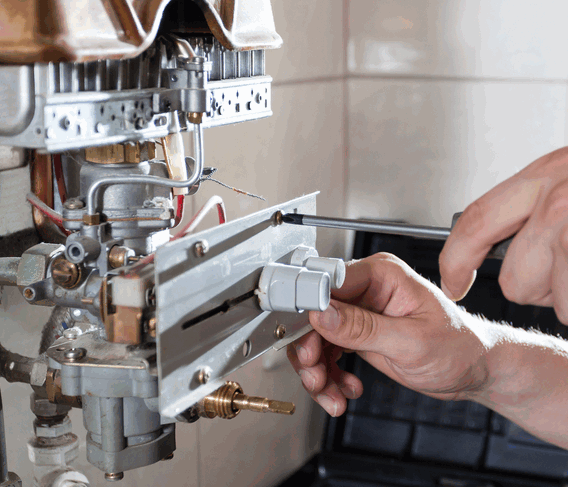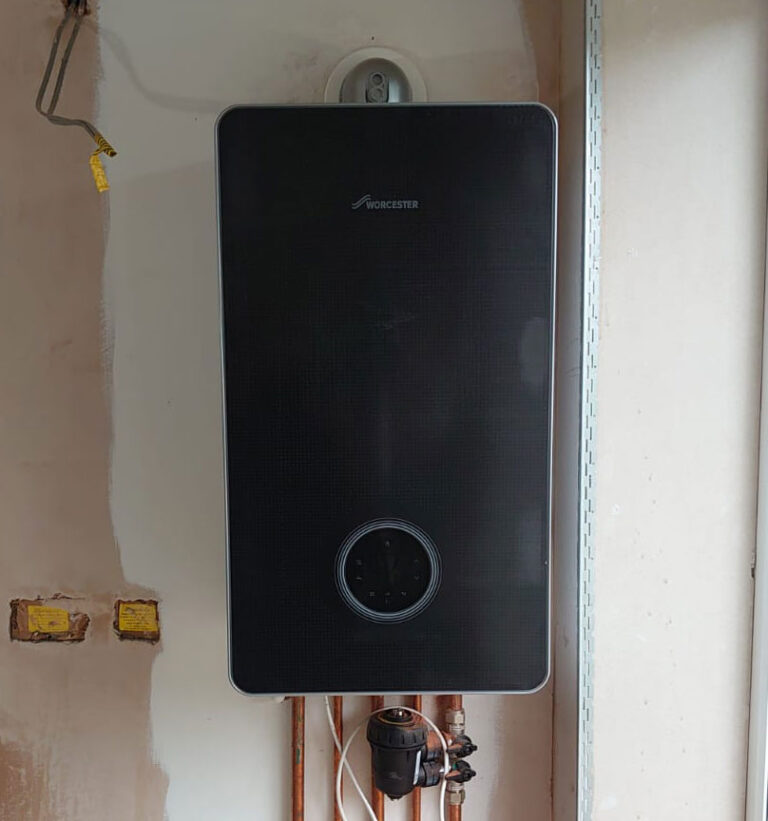Power flushing
Power flushing is a highly effective method used to clean and maintain heating systems, ensuring optimal performance and longevity. This process involves the use of a specialized machine that pumps water at high velocity through the system, combined with powerful cleansing agents to remove sludge, rust, and other debris that accumulate over time. These contaminants can cause significant issues in heating systems, such as reduced efficiency, uneven heat distribution, and increased wear and tear on components. By removing these deposits, power flushing restores the system to its peak efficiency, leading to lower energy bills and a more comfortable living environment.
The process begins with a thorough assessment of the heating system to determine the extent of contamination and the most effective approach for cleaning. Technicians then connect the power flushing machine to the system, typically at the central heating pump or boiler. The machine circulates water and cleaning chemicals through the pipes, radiators, and boiler, dislodging and flushing out accumulated debris. This process can take several hours to complete, depending on the size and condition of the system.
One of the main benefits of power flushing is the improvement in energy efficiency. When sludge and other deposits build up in a heating system, they restrict the flow of water, making the boiler work harder to achieve the desired temperature. This not only increases energy consumption but also shortens the lifespan of the boiler. By removing these obstructions, power flushing allows the water to circulate more freely, reducing the strain on the boiler and other components. As a result, homeowners can enjoy lower heating bills and a more reliable heating system.
In addition to enhancing energy efficiency, power flushing can also improve the overall performance of the heating system. Cold spots in radiators, noisy boilers, and frequent breakdowns are common signs of a system in need of cleaning. Power flushing addresses these issues by ensuring that hot water is evenly distributed throughout the system, eliminating cold spots and reducing the risk of boiler noise and breakdowns. This leads to a more consistent and comfortable indoor temperature, as well as fewer repair costs over time.
Another significant advantage of power flushing is its ability to prevent future problems. Once a system has been cleaned, inhibitors are added to the water to prevent the formation of new sludge and corrosion. These inhibitors work by creating a protective layer on the interior surfaces of the pipes and radiators, reducing the likelihood of future build-up. Regular maintenance and the use of inhibitors can significantly extend the life of a heating system, providing long-term benefits for homeowners.
Power flushing is also an environmentally friendly option. By improving the efficiency of heating systems, it reduces the amount of energy needed to heat a home, thereby lowering carbon emissions. This is particularly important in the context of global efforts to combat climate change and reduce reliance on fossil fuels. Homeowners who invest in power flushing are not only improving their own comfort and saving money but also contributing to a more sustainable future.
While power flushing is highly effective, it should always be carried out by qualified professionals. Incorrectly performed power flushing can cause damage to the system, such as leaks or even complete system failure. Professional technicians have the expertise and equipment to perform the process safely and efficiently, ensuring the best possible results. They can also provide valuable advice on maintaining the system and preventing future issues.
In conclusion, power flushing is a crucial maintenance procedure for heating systems, offering numerous benefits including improved energy efficiency, enhanced performance, prevention of future problems, and environmental sustainability. By investing in regular power flushing, homeowners can ensure their heating systems operate at peak performance, providing reliable and cost-effective heating for years to come. This proactive approach not only enhances comfort and reduces expenses but also supports broader environmental goals, making power flushing a smart choice for any home.



